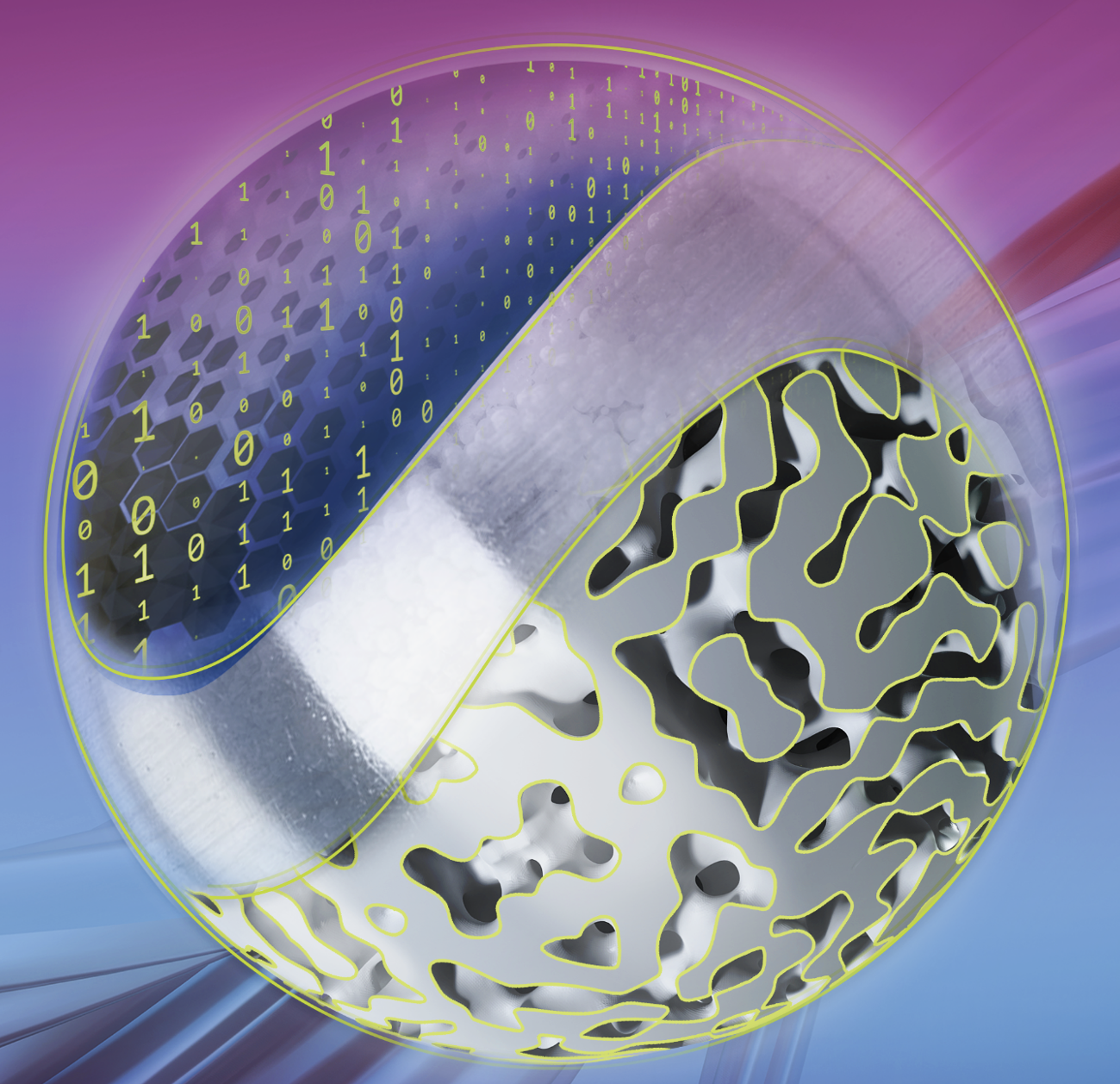

| Funding period: | Oct. 1, 2023 to Sept. 30, 2027 |
| Agency: | DFG |
| Funding scheme: | Research Training Group |
| Further details: | https://tu-dresden.de/ing/forschung/graduiertenkollegs/grk2868 |
We acknowledge funding by the DFG Research Training Group project "Data-driven materials scouting and inverse design" (Dcube, grant agreement ID: GRK 2868)
The objective of this project is the identification and application-tailored design of alloys which optimally match mechanical and thermodynamic require- ments, bearing the potential to outperform known materials and open new perspectives for target advanced applications. Hereby, nanoscale phenomena such as the quan- tum-mechanical binding between atoms leading to the formation of atomistic lattices dictate bulk material properties including density, mechanical stiffness and thermodynamic behavior. Thus, a detailed understanding of the interplay between atomistic decomposition and material properties is essential for an inverse data-driven design of materials with desired properties.


| Funding period: | Oct. 1, 2023 to Sept. 30, 2027 |
| Agency: | DFG |
| Funding scheme: | Research Training Group |
| Further details: | https://tu-dresden.de/ing/forschung/graduiertenkollegs/grk2868 |
We acknowledge funding by the DFG Research Training Group project "Data-driven materials scouting and inverse design" (Dcube, grant agreement ID: GRK 2868)
The objective of this project is the identification and application-tailored design of alloys which optimally match mechanical and thermodynamic require- ments, bearing the potential to outperform known materials and open new perspectives for target advanced applications. Hereby, nanoscale phenomena such as the quan- tum-mechanical binding between atoms leading to the formation of atomistic lattices dictate bulk material properties including density, mechanical stiffness and thermodynamic behavior. Thus, a detailed understanding of the interplay between atomistic decomposition and material properties is essential for an inverse data-driven design of materials with desired properties.